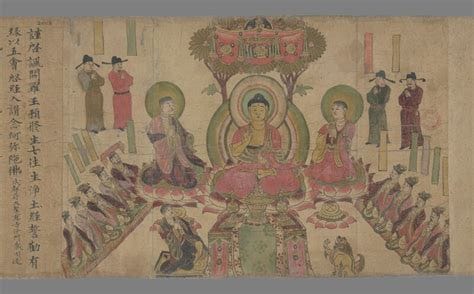TheGentleLaw Community
In the Anaṅgaṇa Sutta (MN 5), the Buddha teaches the importance of a mind free from blemishes (aṅgaṇa) and how even those who teach purity must remain vigilant about their own inner state. This discourse, spoken to his close disciple Sāriputta, is a powerful meditation on self-examination, the dangers of hypocrisy, and the qualities of true spiritual maturity.
A Mind Without Stains
The word anaṅgaṇa means “stainless” or “unblemished.” In this sutta, the Buddha presents a reflection on four types of people:
Those who are stained and do not recognize it.
Those who are stained and recognize it.
Those who are unstained and do not recognize it.
Those who are unstained and recognize it.
The first group is in the greatest danger, as they remain unaware of their moral failings and thus do not seek to purify themselves. The second group, while impure, at least has the wisdom to acknowledge their flaws, making progress possible. The third group is already free from blemishes but lacks the wisdom of self-awareness. Only the fourth group—those who are pure and who recognize their purity—possesses both inner clarity and wisdom.
The Danger of Teaching Without Purity
A key theme of the Anaṅgaṇa Sutta is the risk of guiding others while still carrying one’s own defilements. The Buddha warns that a person who preaches about purity while still being impure is like a blind man trying to lead others. Such a person may convince themselves that they are righteous, but deep down, they are still burdened by their own unresolved defilements.
This teaching serves as a reminder that wisdom is not merely about knowledge or eloquence but about true inner transformation. A teacher must not only speak about purity but also embody it through direct experience.
Self-Reflection as the Path to Liberation
The sutta encourages a constant practice of self-examination. We are urged to ask ourselves: Are we truly free from greed, hatred, and delusion? Or are we merely adopting the appearance of purity while ignoring our deeper attachments? This self-inquiry is not meant to generate guilt but to inspire genuine effort toward purification.
In practical terms, this means cultivating mindfulness, practicing ethical conduct, and developing wisdom. When we see our own stains, we can work to remove them rather than hiding behind self-deception.
Relevance for Modern Practitioners
The Anaṅgaṇa Sutta is deeply relevant today, especially in an era where spiritual teachings are widely available, and many people take on the role of teachers. The sutta reminds us that external appearances of knowledge or virtue mean little if they are not backed by real inner transformation.
For anyone on the path, this discourse serves as a mirror, asking us to look honestly at our own minds. Are we seeking truth, or are we just seeking to appear wise? Do we recognize our own flaws, or do we remain blind to them?
By cultivating anaṅgaṇa, the stainless mind, we move closer to true liberation—not by pretending to be pure, but by actually becoming pure.





Thanks for reading it.